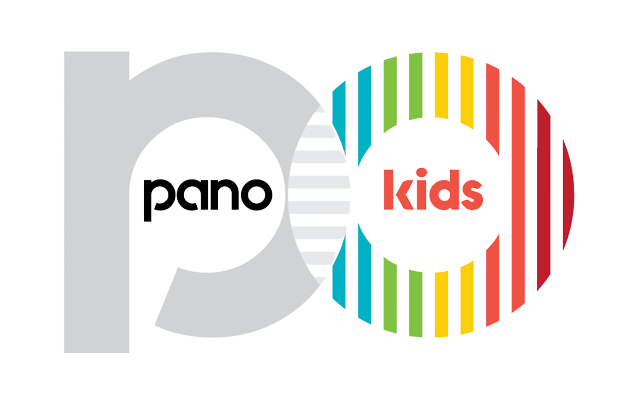
You want your child to be happy to do well in school, to engage in sports that stretch his as well as her mind and body, and to be involved in a variety of wonderful relationships. Your child's health is among your top priorities, especially since you recognize the importance of health and wellness to your child's well-being.
Many parents are unaware that their child's vision has a massive effect on every other component of his or her life. And because your child can't easily communicate that his or her eyes are poor (generally because they don't realize anything is completely mistaken, even if they have the terms to explain the problem), parents can go for decades without realizing their kid's struggles to see.
Here are a few pointers to help you recognize if your child has poor eyesight, and what to do if you notice a problem.
Symptoms of Poor Eyesight in Kids
If your kid has a poor vision (or is continuing to develop an eye problem such as astigmatism), there really are usually some warning signs that can make you know the problem. The following are nine symptomatic that children experience when they have poor vision.
Even if your child has perfect vision, he or she is likely to experience at least the following symptoms. However, if your child exhibits two of these symptoms, you can be fairly certain that he or she has a vision problem.
Smiling
Your kid feels the need to squint in order to see good close-up (vision problems) or far away (myopia) (nearsightedness). Squinting distorts the size of an object your child is looking at, compensating for their incapability to see clearly.
Headaches Or Nausea On A Regular Basis
To bring near objects into focus, your kid may need to exert extra effort. This stress may cause your kid to have constant headaches and, in rare instances, to feel nauseous in an attempt to clear their mind.
Covering One of One Eye
Astigmatism may be the cause if your kid covers or closes eyes all the time he or she wanted to concentrate on something (such as reading a book as well as watching a television show). There's also a chance your child has exotropia, which means he or she is sensitive to strong light.
Trouble Reading
Reading is a difficult goal for any child. It can be more difficult for a child who has farsightedness or another vision problem. Your child may frequently lose his or her place just on-page or skip lines. If your kid people have pointed to keep his and her place, he and she may well have a vision problem.
Rubbing the Eyes
Children frequently rub their eyes even though they strain them so much while attempting to see. They may also experience dry eyes and allergic conjunctivitis. Eye drops could indeed help, but consult your doctor to guarantee a secure solution.
Clumsiness
Most children frequently collide with objects or trip, particularly when they are initially learning to walk. However, what some parents dismiss as clumsiness may be an issue with vision.
Too Close Sitting
If your child sits too nearer to the TV or likes to settle in front of the schoolroom to understand what is going on, he or she may be nearsighted. The inverse is also a problem: some children must sit far away, indicating a problem with farsightedness.
Head Tilting
When your child looks in a certain direction, he or she may see double. Strabismus, or a lack of balance inside the eye muscles, is the cause of this tilting.
Extreme Tearing
If your child's eyes frequently water, there could be a medical reason. Lag ophthalmic is a condition in which the eyelids do not completely close while sleeping, causing the eyes to dry out and tear excessively the next day.
Keep in mind that as your baby grows, he or she will exhibit at least some of these nine behaviors. Only if even one of these symptoms starts to interfere with your child's daily life is there a good chance that poor eyesight is the cause.
Conclusion:
The first thing you might do if you suspect your child has a vision problem is to make an appointment with a local optometrist. Your eye professional will be able to make a diagnosis of the issue and advise you on the best course of action.
Glasses correct the majority of childhood vision problems. Children's glasses are long-lasting, fashionable, and, most importantly, they solve the problem. A child with normal eyesight and suitable remedial spectacles will see better, have fewer problems, and bumps, but also bruises, and perhaps even attend school.
For less common vision problems, your optometrist might very well recommend a different treatment option, such as eye drops and corrective surgery. Together, you and your kid's optometrist can devise the best treatment regimen for your kid.

If you must take your kids to the eye doctor, make him or them feel excited and assuage any fears. Clarify that the eye specialist will assist them in seeing better so nothing frightening will occur. You can stay with your kid throughout the procedure, so you'll be correct there if he or she becomes worried or anxious.
